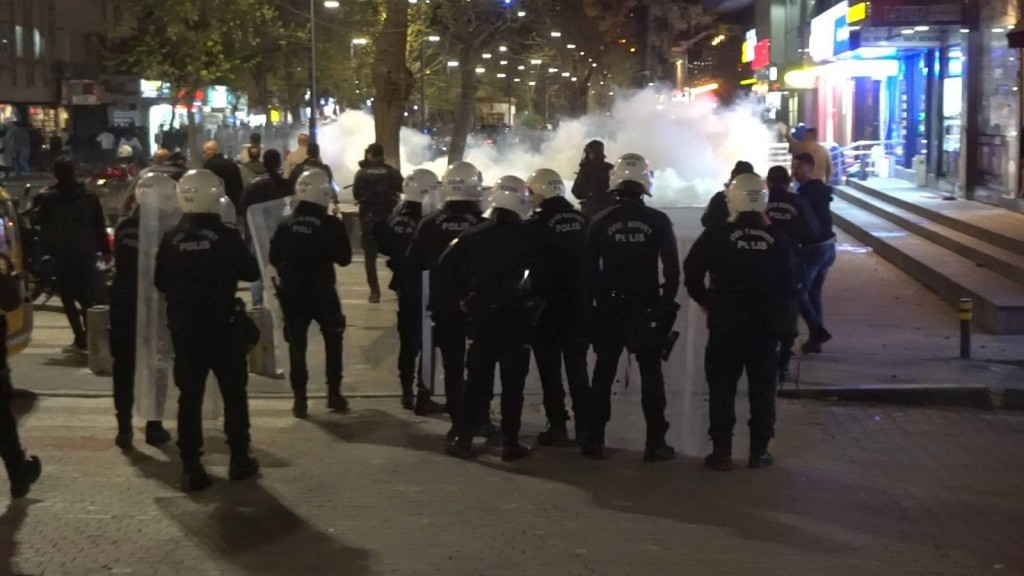The decision by Turkey’s Radio and Television High Council (RTÜK) requesting several international news outlets to file a broadcast license application must not lead to further harassment of media, the International Press Institute (IPI) said today. As the regulator has a proven pattern of harassing independent media over critical coverage of the government and its allies and policies, this decision puts international independent media operating in Turkey online under state scrutiny and risks making them the target of fines and even broadcast bans.
On February 9, RTÜK opposition member İlhan Taşçı announced on his social media account that the regulatory body had given international news outlets Deutsche Welle Turkish, Voice of America Turkish, and Euronews Turkish a 72-hour time limit to apply for a license for online broadcasting. RTÜK was granted expanded powers to monitor online broadcasting in 2019, which compelled online broadcasters to obtain a license from RTÜK. However, the vaguely defined regulation over online broadcasting caused concerns due to the wide scope of RTÜK’s authority, ranging from on-demand platforms to regular and/or scheduled online broadcasts to amateur home video makers.
“Since 2019 regulation, this is the first time that RTÜK has implemented its powers over international news outlets”, Taşçı told IPI. “With this decision, RTÜK officially expands its regular monitoring over nation-wide broadcasters to international broadcasting.” Taşçı also said that the official time frame will begin after the High Council’s decision is uploaded to its website, which may take several days still.
“RTÜK has a proven record of arbitrarily using its powers to fine free media in Turkey over critical coverage or comments of their guests, news anchors of the government on air”, IPI Turkey Programme Coordinator Renan Akyavaş said. “RTÜK Chair Ebubekir Şahin’s regular public warnings to broadcasters not to cover sensitive issues for the government are grounds for serious concern that the new expansion of powers to online broadcasting might end in further fining of international media objectively covering news in the country. RTÜK must respect the right of all broadcasters, domestic and foreign, to do their work freely and independently.”
RTÜK has been strongly criticized for its continuing pattern of fining independent media over critical comments or coverage of the government and its policies. Several independent news broadcasters, including Halk TV, TELE 1, Fox TV, and KRT TV, have received harsh monetary fines in an attempt to intimidate the outlets into stopping their critical coverage. RTÜK and Chair Şahin have issued public statements on several occasions warning broadcasters against covering topical news such as wildfires during summer 2021.
Since the 2019 regulation, RTÜK has been imposing pressure and censorship on global and local on-demand platforms such as Netflix and Exxen as well to remove content deemed “unethical” or “obscene” by RTÜK standards. Both platforms received fines over several pieces of content including a Spanish movie and a local talk-show programme.



